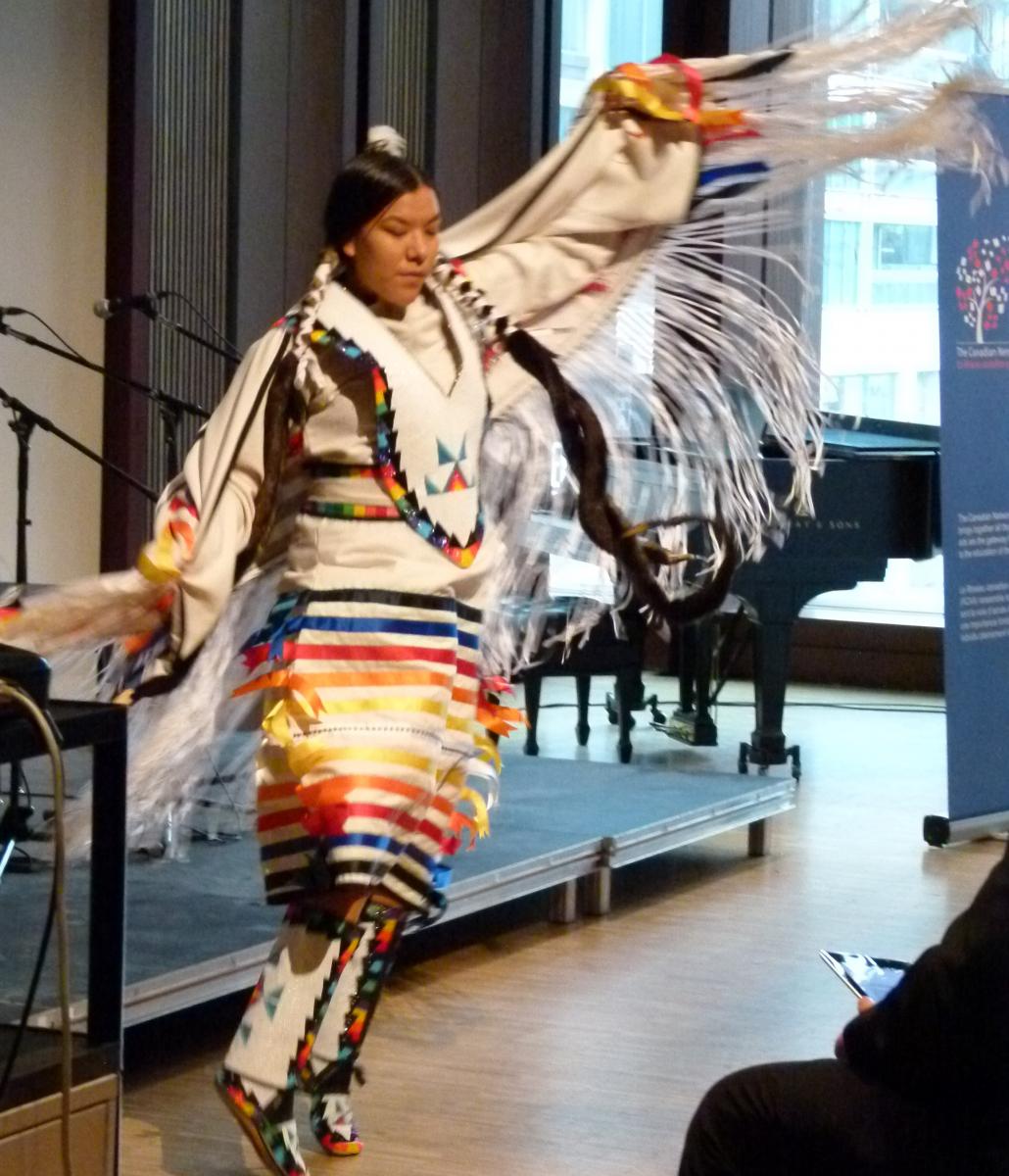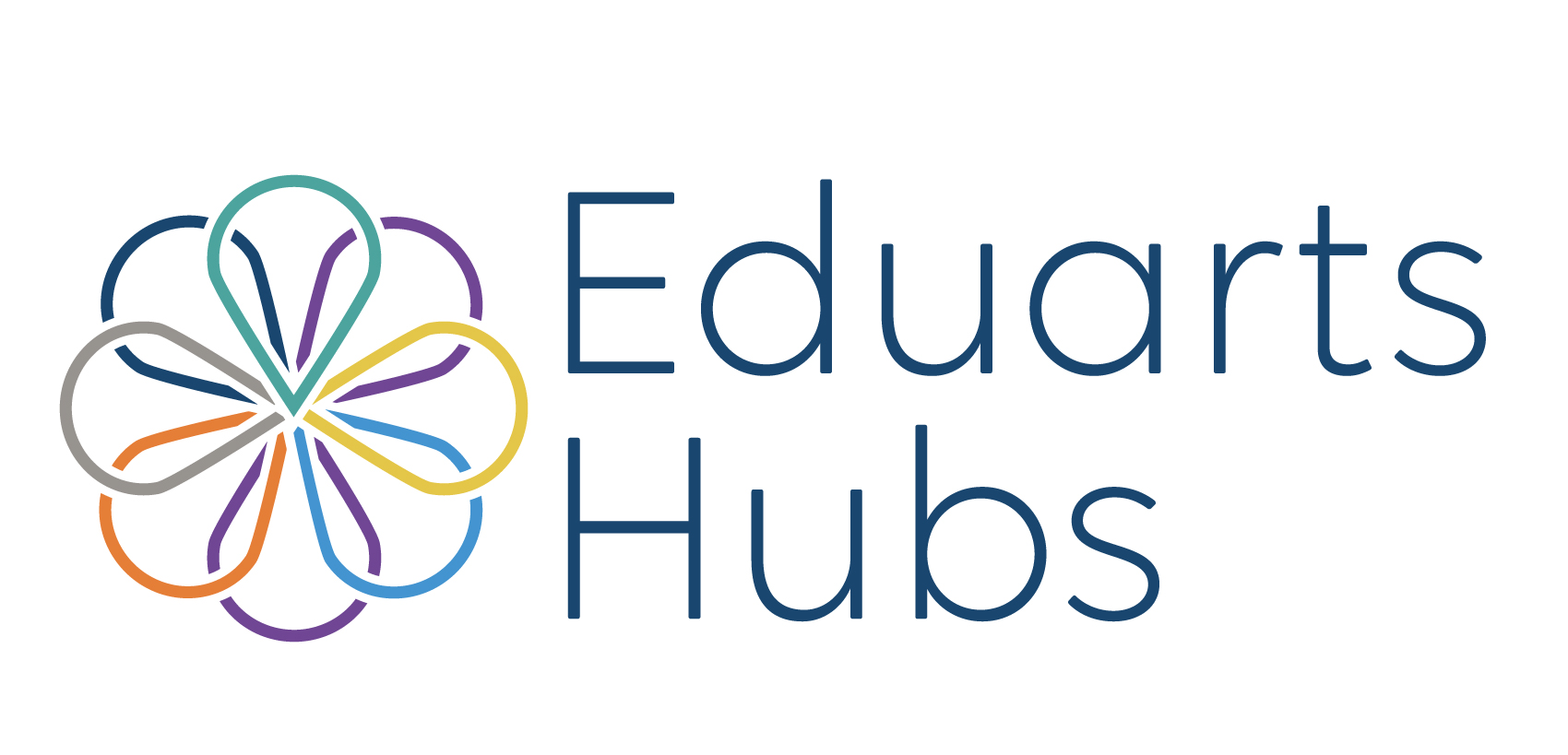When we spoke with artists, educators and organizations from across the country in 19 recent, digital roundtables, we learned that many fear (with good reason) that the effects of social distancing, so essential for controlling the pandemic, will effectively eliminate the arts from post-pandemic school programming and obstruct efforts of community organizations to restore arts programs to their previous vitality. Urgent and sustained advocacy is needed to avert the worst of these imminent dangers.
The arts have a critical role to play in recovery from the effects of isolation and in re-building vibrant communities. We must come together, now, to combat a growing inertia among some educational institutions and funding agencies that threatens to deprive a generation of the self-development, aesthetic appreciation, and community cohesion nurtured by arts and learning.
You can add your voice to the defense of arts education by:
1. Endorse the Call to Action
Shortly before to onset of COVID-19, participants in our Creative Convergence conference collaborated on drawing up a Call to Action on Arts Education that demands universal access to quality arts and learning experiences that reflect on issues of personal, local and global significance. We invite you to add your voice to the more than 300 individuals and organizations who have endorsed this advocacy statement.
2. Write, call or meet with municipal, provincial/territorial and national authorities
We need to raise our collective voices to demand that arts and learning are given a central place in Canada’s educational and cultural recovery from the pandemic. Below is a template that you can copy and paste into an email to personalize. We have also included contact information for key authorities, and will continue to add to the list. And remember, in the summer most representatives are back home and will meet with their constituents. A face-to-face meeting is a powerful opportunity to promote the benefits of arts and learning.
Thank you for your support of arts and learning. Together, we can assure a measure of sustainability for the field.
Optional personalized opening.
As our schools and communities carefully re-open, I would like to alert you to the enormous potential of arts education to help young people process their pandemic experience in a safe environment, sustaining their recovery from the disruptions of the past few months.
Arts learning is an essential element of a student’s education. As well as meeting arts-specific objectives, an arts curriculum positively affects mental health, improves academic performance, and fosters innovative thinking. The arts develop mindfulness and self-compassion, particularly important for marginalized youth. It is for this reason that countries like New Zealand have invested in and prioritized arts learning at this critical time.
To harness this potential, teachers of the arts in schools and communities may require guidance and resources as they return to “normal” operations under such extraordinary circumstances. Fortunately, help is at hand. As a result of the COVID-19 experience, artists and educators across the country have found ways to adopt their pedagogies to meet the evolving restrictions. Meanwhile, many others are urgently appealing for advice in locating and employing innovative in-person and digital methodologies, while complying with all health protocols.
The Canadian Network for Arts and Learning (eduarts.ca) along with other national, provincial/territorial and local organizations stand ready to facilitate the sharing of essential knowledge and skills. However, the not-for-profit sector can do only so much without your support.
Please exercise your influence to ensure that our children, youth and life-long learners can access the humanizing and motivating power of the arts at the very onset of a post-pandemic world. Our young people deserve opportunities to participate in the arts as early as possible.
Thank you for your attention to this pressing matter.
| Province or Territory | Minister of Education | Minister of Culture | ||
|---|---|---|---|---|
| Alberta | Hon. Adriana LaGrange | education.minister@gov.ab.ca | Hon. Leela Aheer | cmsw.minister@gov.ab.ca |
| British Columbia | Hon. Rob Fleming | educ.minister@gov.bc.ca | Hon. Lisa Beare | TAC.Minister@gov.bc.ca |
| Manitoba | Hon. Cliff Cullen | minedu@leg.gov.mb.ca | Hon. Cathy Cox | minsch@leg.gov.mb.ca |
| New Brunswick | Hon. Dominic Cardy | Dominic.Cardy@gnb.ca | Hon. Bruce Fitch | bruce.fitch@gnb.ca |
| Newfoundland & Labrador | Hon. Tom Osborne | education@gov.nl.ca | Hon. Bernard Davis | TCIIMinister@gov.nl.ca |
| Northwest Territories | Hon. R.J. Simpson | ecepublicaffairs@gov.nt.ca | Hon. R.J. Simpson | ecepublicaffairs@gov.nt.ca |
| Nova Scotia | Hon. Derek Mombourquette | educmin@novascotia.ca | Hon. Leo A. Glavine | min_cch@novascotia.ca |
| Nunavut | Hon. David Joanasie | djoanasie@gov.nu.ca | Hon. David Joanasie | djoanasie@gov.nu.ca |
| Ontario | Hon. Stephen Lecce | minister.edu@ontario.ca | Hon. Lisa MacLeod | Minister.MacLeod@ontario.ca |
| Prince Edward Island | Hon. Natalie Jameson | ngjamesonMinister@gov.pe.ca | Hon. Matthew MacKay | MinisterEGTC@gov.pe.ca |
| Quebec | Jean-François Roberge | ministre@education.gouv.qc.ca | Nathalie Roy | ministre@mcc.gouv.qc.ca |
| Saskatchewan | Hon. Dustin Duncan, Q.C. | minister.edu@gov.sk.ca | Hon. Gene Makowsky | minister.PCS@gov.sk.ca |
| Yukon | Hon. Jeanie McLean | jeanie.mclean@gov.yk.ca | Hon. Jeanie Dendys | jeanie.dendys@gov.yk.ca |




